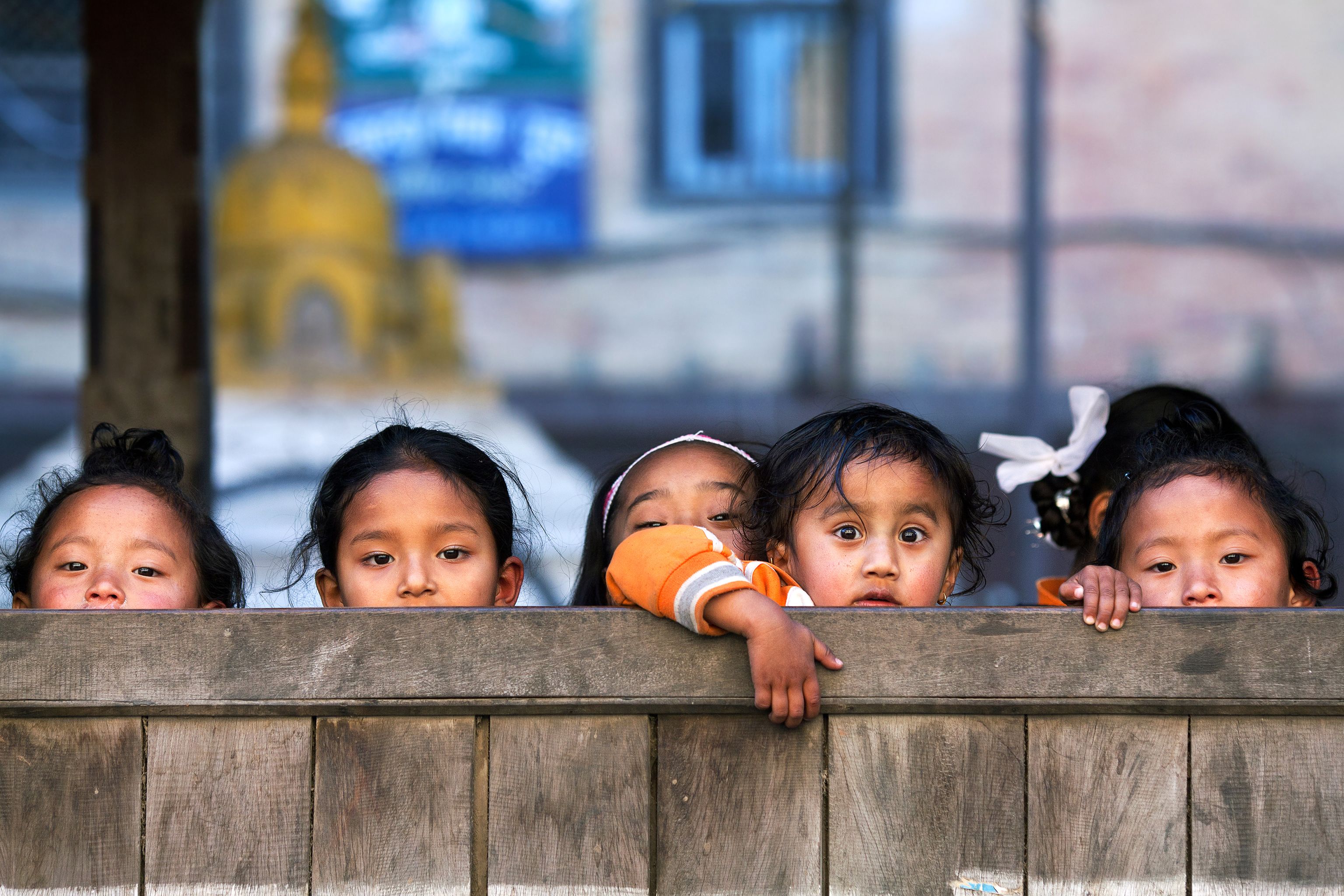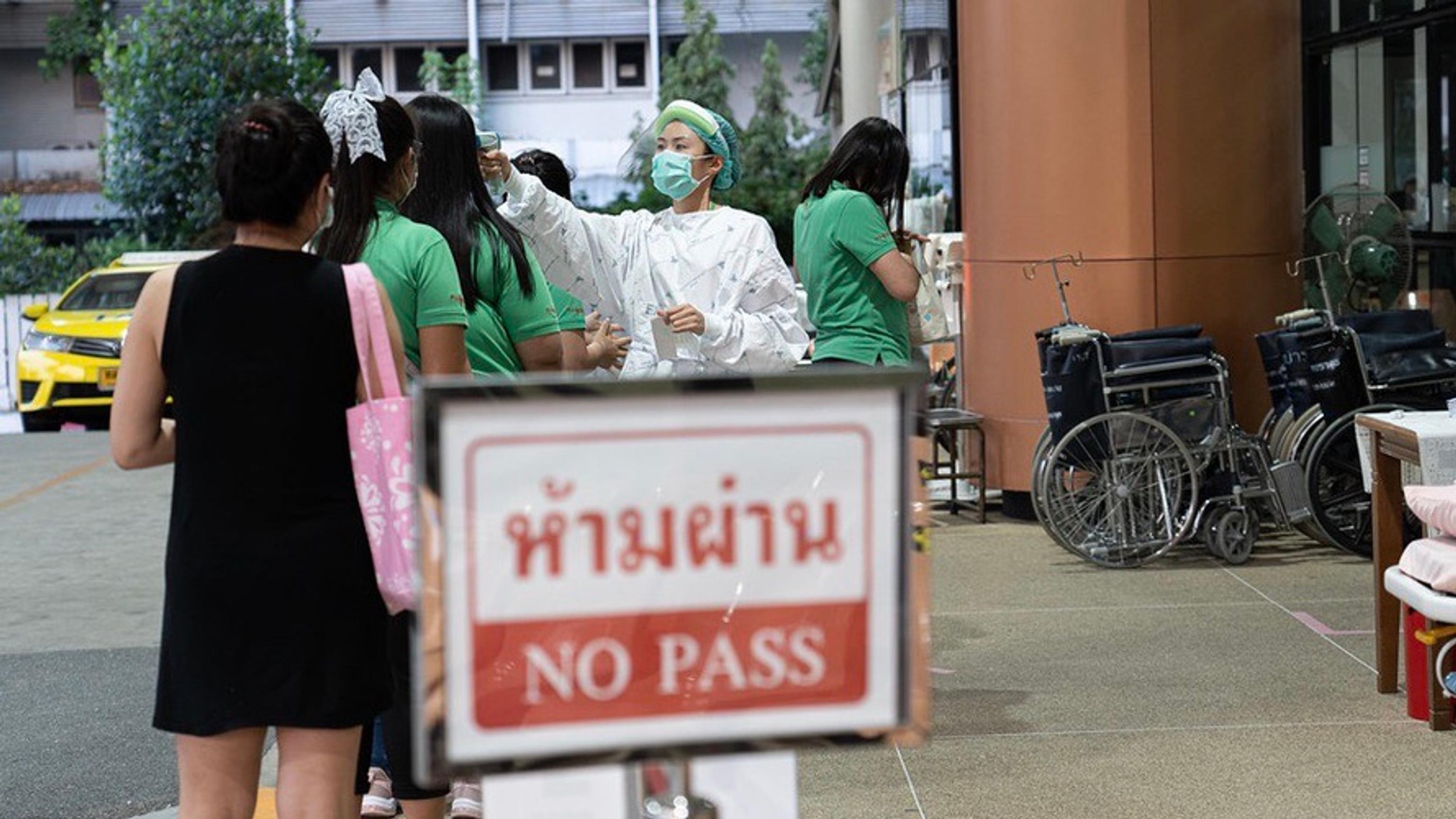
Rights of women and girls
Across the Asia Pacific, many countries have laws and policies that protect women and girls from discrimination and promote gender equality. However, the situation on the ground can often be very different.
Entrenched roles, attitudes and stereotypes also mean that many experience poverty, discrimination and unequal access to health services and the education and justice systems.
Women and girls in the region also face serious violations of their human rights, such as gender-based violence, harassment and human trafficking.
While positive changes are taking place, the pace of change remains slow. It is also made more difficult when women in the Asia Pacific region continue to be significantly underrepresented in political decision-making.
Highlights from the interactive dialogue between the APF and the UN Working Group on discrimination against women girls, a Special Procedure of the Human Rights Council.
As part of the APF Regional Action Plan on the Human Rights of Women and Girls, adopted in 2012, national human rights institutions (NHRIs) have pledged to take concrete steps to address the unequal status of women and girls in their respective countries.
This complements similar commitments made under the Amman Declaration and Programme of Action, adopted in 2012 at the 11th International Conference of National Human Rights Institutions.
They do this through receiving and investigating complaints, providing human rights education and training, making recommendations to government on law reform, building partnerships for change in the community and raising pressing issues with the international human rights system.
Many APF members have been extremely courageous in confronting taboo issues such as rape, "honour killing" and domestic violence.
The APF provides practical support to help our members in this work.
In 2015, we launched a new blended learning course on promoting and protecting the rights of women and girls.
We work closely with UN Women and with the United Nations Population Fund (UNFPA) to provide additional expertise for our members, such as strategies to incorporate reproductive rights into their work.
We have also coordinated an advocacy campaign to promote independent participation of NHRIs at the United Nations Commission on the Status of Women.
The APF Gender Policy ensures that a focus on the rights of women is integrated across all our program areas.



